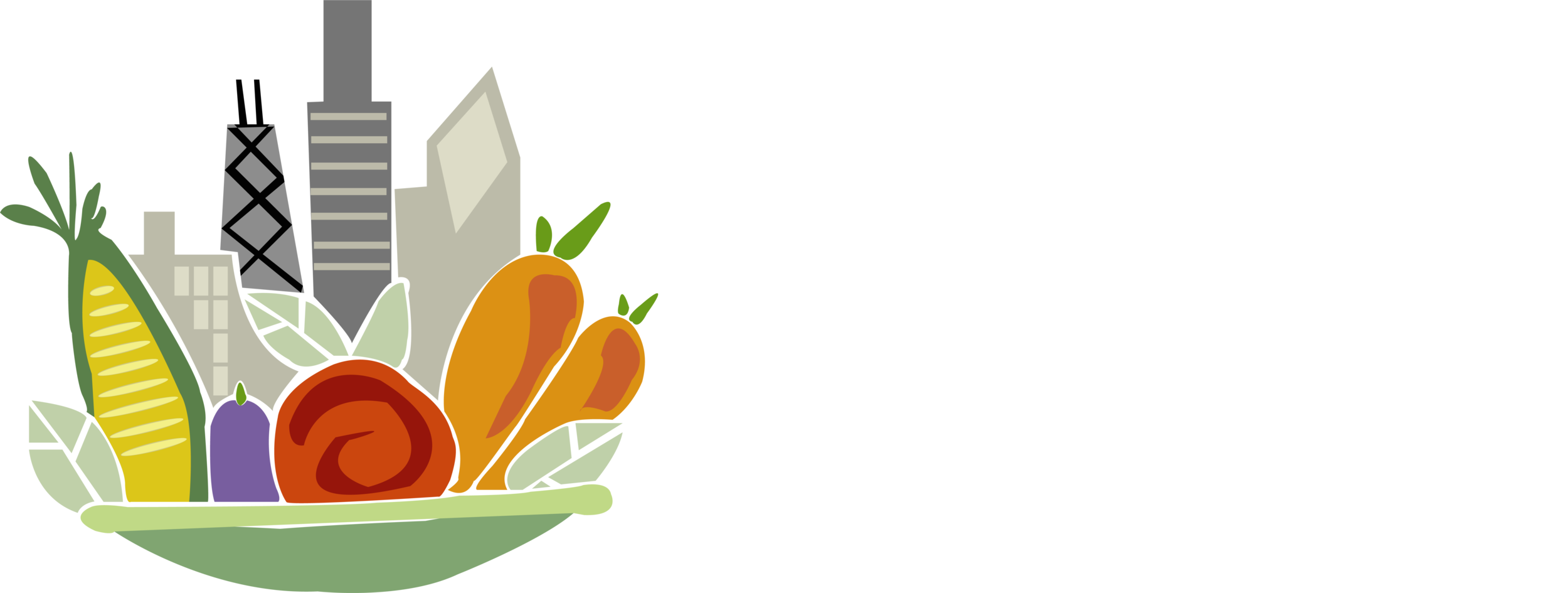M-CERF PUBLICATIONS
M-CERF consists of a number of qualified academics and professionals from educational institutes and other organizations. They have been involved in numerous research projects from a variety of fields and have authored countless articles, books, whitepapers, reports, and publications over the years and continue to pan insightful works regularly. Below are some publications that are worth considering.
By Kristin Reynolds, Daniel Block and Katharine Bradley
Abstract: A broad diversity of people and groups engage in food justice work throughout the world, aiming to dismantle uneven power dynamics in the food system from community- to global scales. Many such individual actors, often referred to as activists, represent communities that bear the brunt of…
By Joe F. Bozeman III, Weslynne S. Ashton, and Thomas L. Theis
Abstract: The food–energy–water (FEW) nexus is a focal point in research due to its impacts on ecosystem services that sustain human life. Despite this, FEW studies have not produced enough policy-relevant insights, particularly addressing differences across demographic groups with…
Chicago Supermarket Data and Food Access Analytics in Census Tract Shapefiles for 2007–2014
By Marynia Kolak, Michelle Bradley, Daniel Block, Lindsay Pool, Gaurang Garg, Chrissy Kelly Toman, Kyle Boatright, Dawid Lipiszko, Julia Koschinsky, Kiarri Kershaw, Mercedes Carnethon, Tamara Isakova, and Myles Wolf
Abstract: Longitudinal analysis of supermarkets over time is essential to understanding the dynamics of foodscape environments for heal- thy living. Supermarkets for 2007, 2011, and 2014 for the City of Chicago were curated and further…
Measuring Community and University Impacts of Critical Civic Geography: Insights from Chicago
By Daniel R. Block, Euan Hague, Winifred Curran, and Howard Rosing
Abstract: Geographers have increasingly adopted community-based learning and research into their teaching and scholarly activities since Bunge and Harvey called for an applied public geography that is both useful and challenges societal inequalities…
By Howard Rosing and Daniel R. Block
Abstract: The article highlights recent food policies in Chicago with the goal of exploring how higher education institutions can contribute to development of sustainable food resources for residents of North American cities. Thousands of Chicago residents face daily challenges accessing….
By Monique A. Stinson, Joshua Auld, and Abolfazl (Kouros) Mohammadian
Abstract: Agent-based transportation models are critical tool for evaluating energy use, emissions and mobility impacts of transportation. In this context, vehicle ownership models are critical for linking agent activities to their impacts on the…
Composting in Chicago Community Gardens: A Social Analysis
Report Authors: Amy DeLorenzo, Howard Rosing, and Nance Klehm
Principal Investigators: Howard Rosing,1 Benjamin Helphand Researchers: Jacob Horn, Sophia Holland, Nyabweza Itaagi and Carly Dutkiewicz
Abstract: This study is the first to explore the role of composting in Chicago community gardens. The project draws on prior research on Chicago community gardens titled “Community Gardens Count: Measuring Chicago’s Harvest” (the “Harvest Study”) completed by…
Demystifying the Local: Considerations for Higher Education Engagement with Community Food Systems
By Howard Rosing
Abstract: Many universities and colleges have started to channel resources toward understanding and supporting small-scale food systems development in low-income communities. These efforts are often embedded into institutional sustainability initiatives that…
A Case Study: Growing Community through Gardens in Chicago's Southwest Side
By Nicole Llorens-Monteserin and Howard Rosing
Abstract: There is now considerable scholarly interest in the relationship between urban food production and the environment, food access and health in U.S. cities. A discourse on “sustainability” pervades this growing urban agriculture literature but often with a utilitarian ideal…
Infrastructuring the Circular Economy
By André Nogueira, Weslynne Ashton, Carlos Teixeira, Elizabeth Lyon, and Jonathan Pereira
Abstract: The circular economy (CE), and its focus on the cycling and regeneration of resources, necessitates both a reconfiguration of existing infrastructures and the creation of new infrastructures to facilitate these flows. In urban settings, CE is being realized at…
By Julia Lippert, Howard Rosing, Felipe Tendick‐Matesanz
Abstract: The United States currently has over one million restaurants, making food service one of the largest workforces and industry sectors in the nation's economy. Historically, concern for the health of early restaurant workers was tied largely to the hygiene of…
By Monique A. Stinson, Annesha Enam, Amy Moore, and Joshua Auld
Abstract: E-commerce has facilitated online ordering of goods by households in recent years. This technological advancement has disrupted shopping related transportation. While the National Household Travel Survey (NHTS [1]) finds that household shopping frequency has declined in the last 10-20 years, deliveries by parcel delivery trucks and vans [2] have
Chicago: A Food Biography (Big City Food Biographies)
By Daniel R. Block and Howard Rosing
Abstract: Chicago began as a frontier town on the edge of white settlement and as the product of removal of culturally rich and diverse indigenous populations. The town grew into a place of speculation with the planned building of the Illinois and Michigan canal, a














